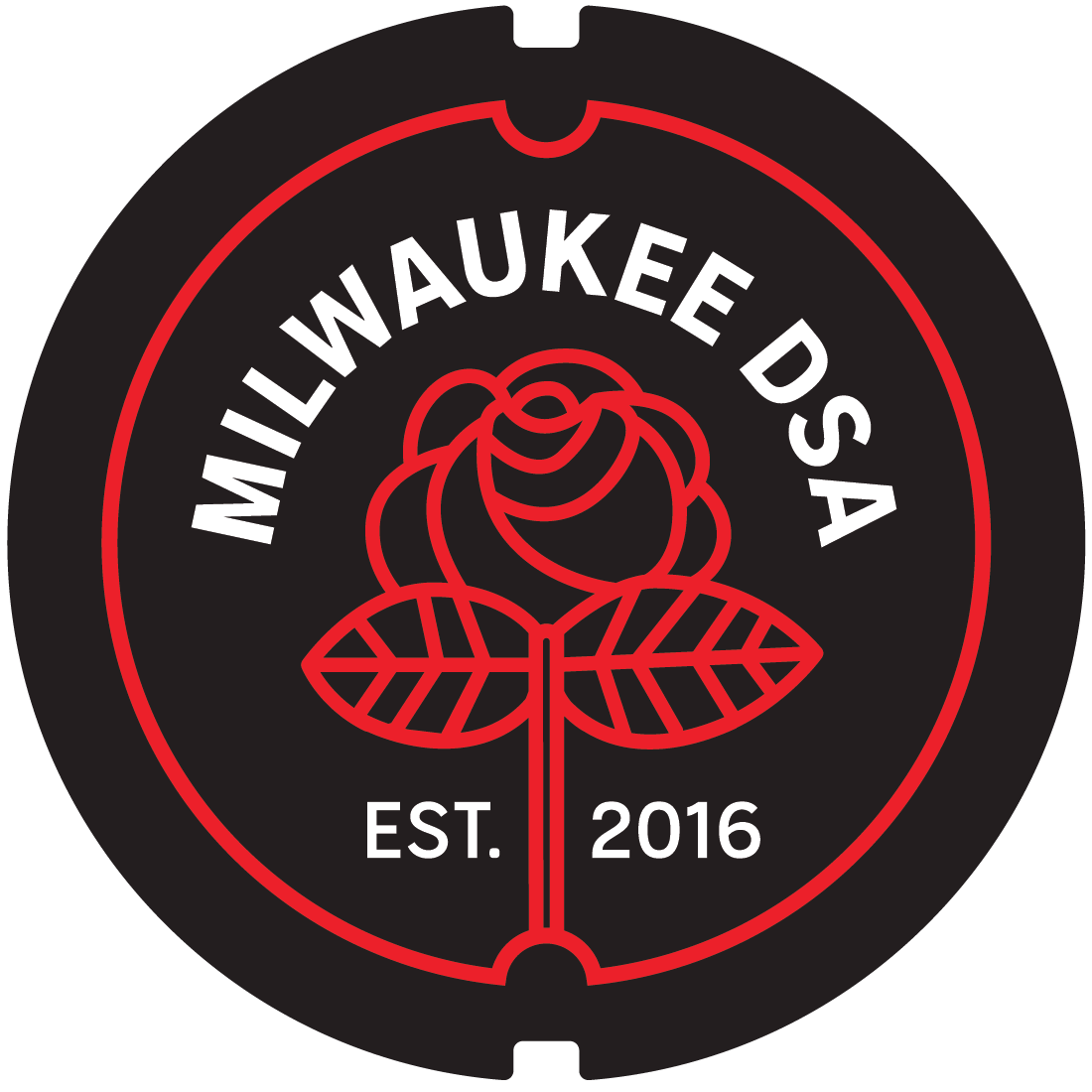“Johnny 99” – Bruce Springsteen
Johnny 99 is off of Springsteen’s Nebraska album, released in 1982, an album that could have been named Tales from the Reagan Recession, which lasted from 1981 to 1983. The recession was the culmination of a decade of rising oil prices, inflation, the resignation of Nixon, the loss of the Viet Nam War, and increased economic competition from abroad. All of these were signs that America’s post war dominance was not a given anymore. In 1984, Reagan ran on a campaign theme of It’s Morning in America. This was also the dawn of the neoliberal age. Under the political leadership of Reagan, and Thatcher in Great Britain, the United States will start dismantling the New Deal and the welfare state, undermine organized labor, and start the project of deindustrialization.
In a song we highlighted a few months back from the beginning of the industrial revolution in Great Britain, “The Triumph of General Ludd,” we see members of the working class acting together to push back against the political and economic forces of capitalism. 170 years later, our worker Johnny is thoroughly dependent on his factory job, and thoroughly integrated into the capitalist system. But with the closing of the Ford Mahwah auto factory, one of five nationwide, Johnny is left without any prospects, and like the Luddites, is facing the same disruption of community. While he would have belonged to the UAW, once told of the plant closing, the best the union could do was have Ford forestall the closure for four weeks.. The thousands of displaced workers were now considered superfluous and had only an underfunded social safety net for support, widely considered humiliating and used only by the “undeserving poor”. Rather than facing this crisis in solidarity with a working class aware of its own rights and power, as the Luddites did, Johnny faces it alone, as a powerless individual. This sense of individualism, and the sense that his masculinity is measured by his individual success, are all part of the dominant narrative of capitalism, the hegemonic narrative. Johnny is now faced with not just a personal economic crisis, but with a sense of personal failure. He does not have the larger perspective to see the powers working against him, and the power available to him and all others in our class in our sheer numbers. This perspective has been carefully withheld from him, and collective action demonized.
Part of our jobs as socialists is to provide this perspective and organize this collective action. However, we need to remember that we aren’t doing this for Johnny, but with Johnny. Our power comes from our numbers. For more on hegemony see here. If you’d like to know more about organizing your own workplace, come see us at the next Labor Solidarity Working Group meeting.
Lyrics
Well they closed down the auto plant in Mahwah late that month
Ralph went out looking for a job but he couldn’t find none
He came home too drunk from mixing Tanqueray and wine
He got a gun, shot a night clerk, now they call him Johnny 99
Down in the part of town where when you hit a red light you don’t stop
Johnny’s waving his gun around and threatening to blow his top
When an off-duty cop snuck up on him from behind
Out in front of the Club Tip Top they slapped the cuffs on Johnny 99
Well the city supplied a public defender but the judge was Mean John Brown
He came into the courtroom and stared poor Johnny down
Well the evidence is clear, gonna let the sentence son fit the crime
Prison for 98 and a year and we’ll call it even, Johnny 99
A fistfight broke out in the courtroom, they had to drag
Johnny’s girl away His mama stood up and shouted, “Judge, don’t take my boy this way”
Well son you got any statement you’d like to make
Before the bailiff comes to forever take you away
Now judge, judge, I got debts no honest man could pay
The bank was holding my mortgage, they taking my house away
Now I ain’t saying that makes me an innocent man
But it was more and all this that put that gun in my hand
Well your honor I do believe I’d be better off dead
And if you can take a man’s life for the thoughts that’s in his head
Then won’t you sit back in that chair and think it over, Judge, one more time
And let ’em shave off my hair and put me on that execution line
